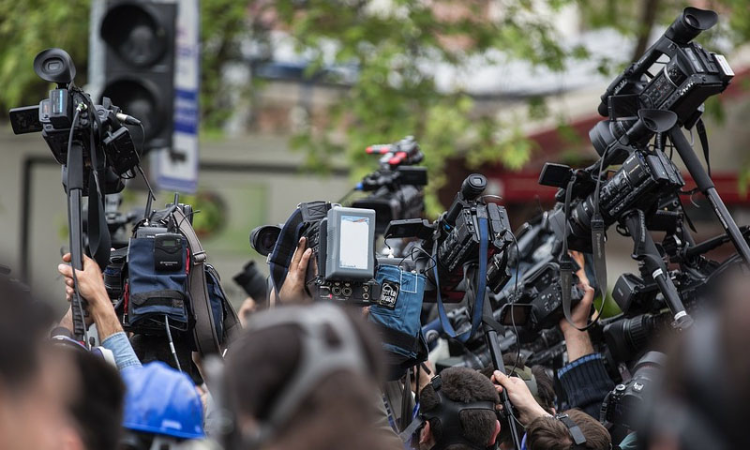Media Can't Make Suggestions Of Guilt Or Innocence Of A Person Or Credibility Of Witnesses: Kerala High Court
Hannah M Varghese
20 April 2022 9:53 AM IST

The Court said that media trial results in denigration of the justice delivery system.
Next Story


